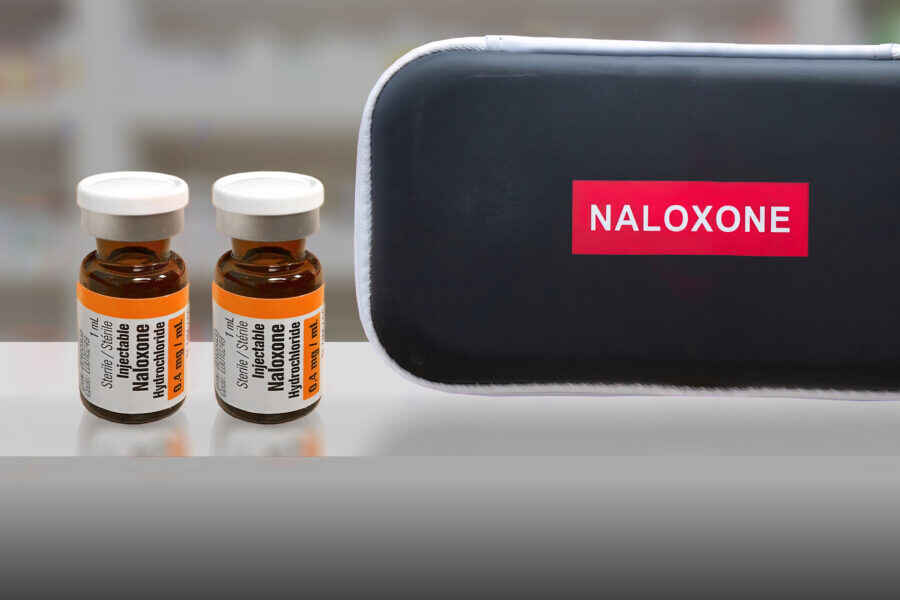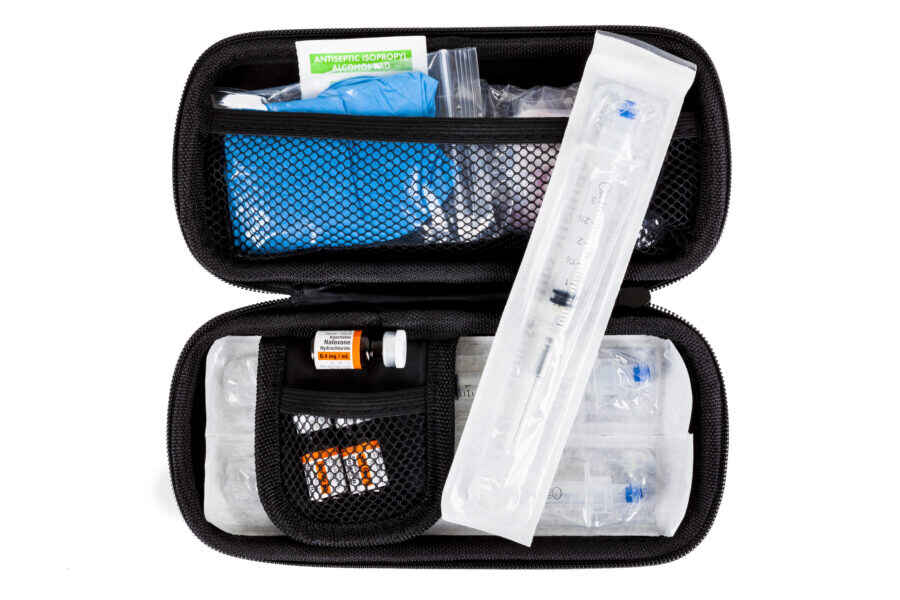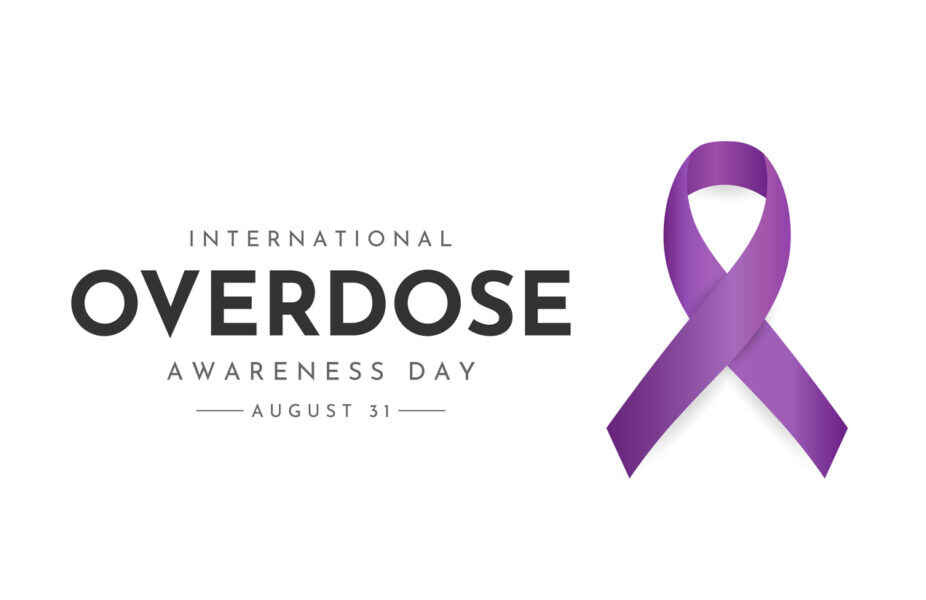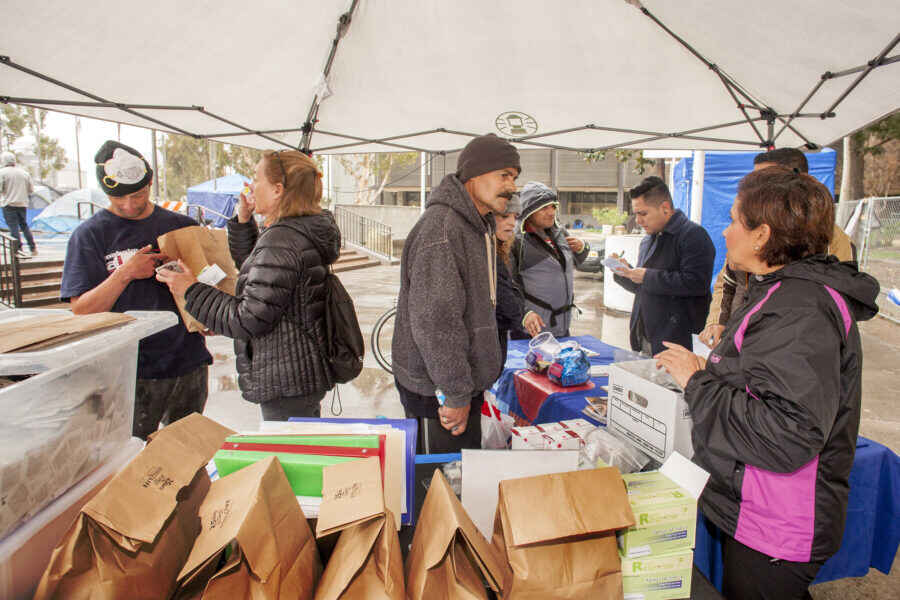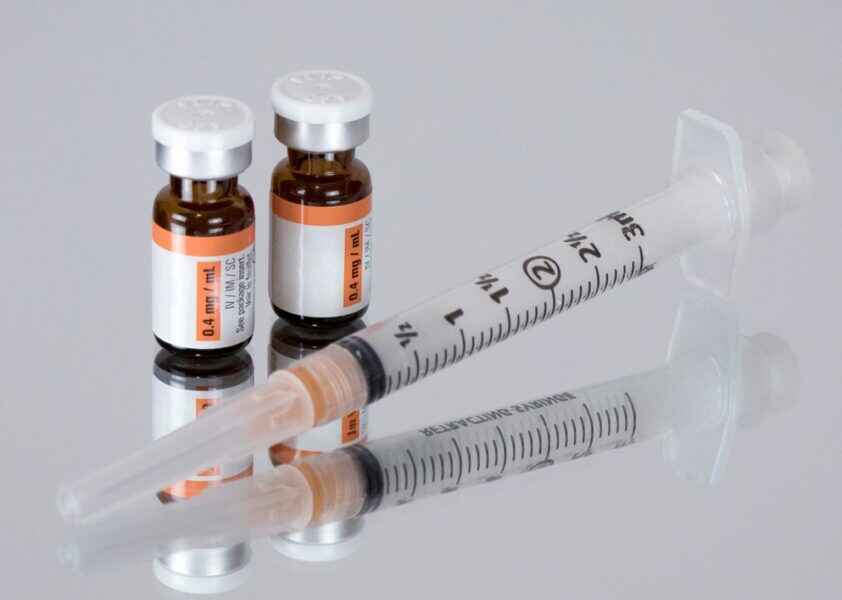Variations among jurisdictions in determining and reporting causes of death and delays in obtaining and reporting fatality data often result in an incomplete and out-of-date view of the overdose epidemic in the U.S. It is imperative that health departments, harm reduction organizations, and people who use drugs are provided with accurate, timely and actionable information on drug-related overdose. This fact sheet provides a snapshot of current laws, regulations, and sub-regulatory sources governing mandatory disease reporting and a description of the laws and regulations governing reporting of overdoses in the jurisdictions that require or explicitly permit it as of March 31, 2023.


